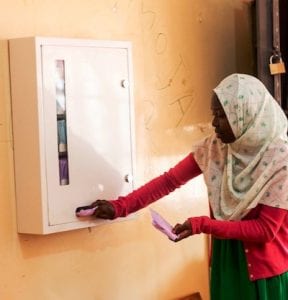
Agriculture
November 9, 2023
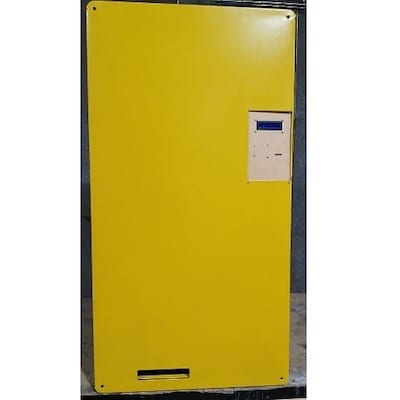
Updated on November 9, 2023
·Created on October 1, 2020
A sanitary pad dispenser that tracks user pad dispensing.
The Ari- Sanitary pad dispenser is a self-service pad dispenser installed in schools. Girls are issued a unique ID-card which is used to access the machines. The Ari team also teaches the importance of menstrual hygiene management.
Target Users (Target Impact Group)
Distributors / Implementing Organizations
The product is currently distributed directly by the manufacturer. The manufacturer plans to partner with NGOs in the future. Interview with designer in 2020
Manufacturing/Building Method
The designer has not yet selected their manufacturing strategy.
Intellectural Property Type
Other
User Provision Model
The machine is not being sold yet. Currently, the designers form partnerships with schools and offer the machine as a service.
Distributions to Date Status
None. The product is still in the development phase.
Design Specifications
The product is a wall-mounted sanitary pad dispenser. The machine has an 82-pad capacity and can accept most commercial pads sold in Kenya. The end-user withdraws pads by tapping a near-field communication (NFC) card on a card reader, where the machine dispenses one pad per tap. Each NFC card has a unique user-ID associated with it, which allows product tracing. This tracing data is shared with the partner schools, which allows them to better track the usage of sanitary pads. The machine dimensions are approximately 400 x 700 x 200 mm.
Technical Support
Provided by the manufacturer.
Replacement Components
Replacement components include NFC cards.
Lifecycle
The machine has an 82-pad capacity and requires manual filling once empty. The life time of the machine is expected to be between 5-10 years.
Manufacturer Specified Performance Parameters
Manufacturer specified performance targets include privacy, physical accessibility, and end-user independence.
Vetted Performance Status
Machine testing was done by the manufacturer. Specific testing parameters included: compatibility with different market-available pads, machine refilling, dispensing mechanisms, end-user interaction and experience, and battery efficiencies. No third party testing has been completed. Interview with designer in 2020
Safety
Safety precautions include potential sharp edges and the potential the machine may detach from its wall.
Complementary Technical Systems
The machine is powered by either solar or grid power. An NFC card is required by the end-user to use the machine.
Academic Research and References
J. G. Vaughn, A Review of Menstruation Hygiene Management among Schoolgirls in Sub-Saharan Africa, University of North Carolina, 2013.
M. Sommer, Where the education system and women’s bodies collide: The social and health impact of girls’ experiences of menstruation and schooling in Tanzania, J. Adolesc., vol. 33, no. 4, pp. 521–529, Aug. 2010, doi: 10.1016/j.adolescence.2009.03.008.
J. Kirk and M. Sommer, Menstruation and body awareness: linking girls’ health with girls’ education, 2006.
Compliance with regulations
In the process of approval by the Kenya Bureau of Standards.
Other Information

Agriculture
November 9, 2023
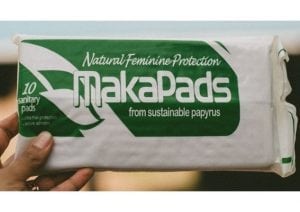
Agriculture
November 9, 2023
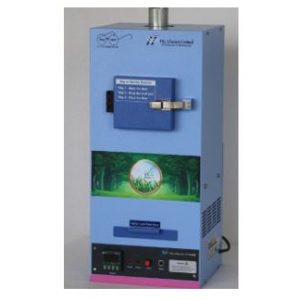
Agriculture
November 9, 2023
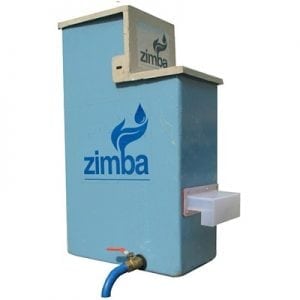
Agriculture
November 9, 2023
Implemented by
Massachusetts Institute of Technology (MIT) in collaboration with The International Centre for Diarrhoeal Disease Research, Bangladesh
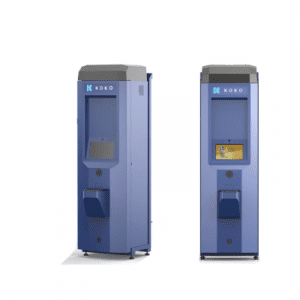
Agriculture
November 9, 2023
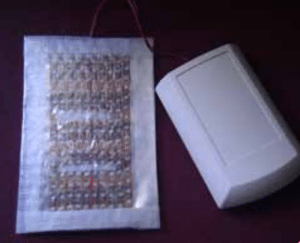
Agriculture
November 9, 2023
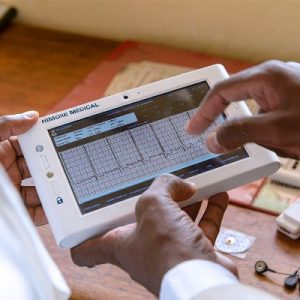
Agriculture
November 9, 2023
Implemented by
Himore Medical
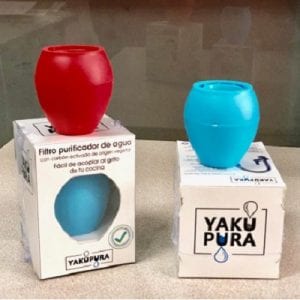
Agriculture
November 9, 2023
Implemented by
YakuPura

Agriculture
November 9, 2023
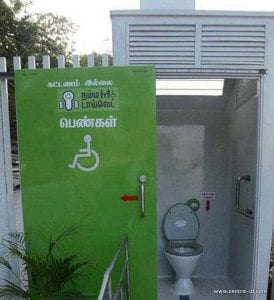
Agriculture
November 9, 2023
Have thoughts on how we can improve?
Give Us Feedback